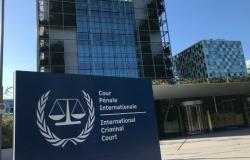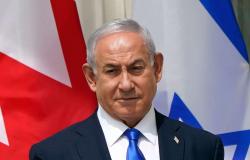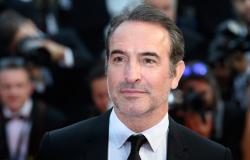Torill Kove receives the Lifetime Achievement Award and the Best Canadian Film Award for the short film Maybe Elephants (Mikrofilm/NFB)
NFB Animator Emeritus Torill Kove honored by Spark Animation in Vancouver
–
Spark AnimationWestern Canada’s largest celebration of animation, presented by Spark Computer Graphics, paid tribute has Oscar-winning host Torill Kove has Vancouver.
Torill Kove was awarded the Lifetime Achievement Award in recognition of his exceptional contribution to the field of animation. She also won the Best Canadian Film Award 2024 for his new short film, Maybe Elephants (Maybe elephants), a co-production of Microfilm and theOffice national you film you Canada.
Ce new tribute returned to Maybe Elephants door to four the number of awards and mentions received to date, including the Audience Award in the category short film at the Bucheon International Animation Festival, in South Korea, as well as Best Nordic-Baltic Animated Youth Film of Animation Festival Fredrikstadin Norway.
“I am honored and deeply touched to receive the Lifetime Achievement Award. [mes] achievements awarded to me by the Spark Animation festival. This gives me the opportunity to reflect on how lucky I was to have a career as an animation filmmaker at the National Film Board of Canada and the Norwegian animation studio Mikrofilm. I feel immense gratitude for these two animation studios, as well as for all the people who collaborated on my films. I interpret this award both as recognition of the work I have accomplished so far and as encouragement to continue making films. » — Torill Kove
It is furthermore the fourth collaboration of theNFB and the Norwegian company Microfilm with the Montreal host. This exceptional journey has been taking place since more than two decades under the sign of excellenceespecially since three Oscar nominations mark itincluding that of the short film The Danish poetwho won the prestigious statuette in 2007.
Maybe Elephants continues his tour and will be this month at London International Animation Festivalwhich runs online and in theaters from November 22 to November 1is December. To date, more than 20 festivals have selected the film: the Annecy International Animated Film FestivalIn France, Animation Is Film et AFI PARTYin Los Angeles, as well as the Festival international du film de Toronto and the Festival international d’animation d’Ottawa are among them.
The film in brief
Maybe Elephants (Maybe elephants), Torill Kove(Mikrofilm/ONF, 16 min 43 s) Production : Lise Fearnley (Mikrofilm), Maral Mohammadian (ONF), Tonje Skar Reiersen (Mikrofilm) Dossier de presse : espacemedia.onf.ca/epk/peut-
- In the 1970s, three rebellious teenage girls, a mother who can’t sit still, a father who loses count of his potatoes and, perhaps, elephants find themselves in the bustling Nairobi. The family will be changed forever.
- Autobiographical story tender and playful paying homage to the family, adolescence and the therapeutic power of memoryas unreliable as it may be, Torill Kove’s new film features the distribution of My Moulton and Iappointed to Oscars in 2015.
- Narrated by the filmmaker, this film wittyto the cheerful color palette and to the energizing sound environmentrecounts memorable family trips, youthful pranks and inevitable moments of adolescent revelations, dressed here in a rich nostalgia.
- Maybe Elephants was produced with the collaboration of several Canadians of Kenyan origin who play the roles of the Kenyan protagonists and whom Torill Kove consulted on the Swahili language and Kenyan culture.
- Torill Kove is a Norwegian-born filmmaker and animator living in Canada. Three of his films have been nominated for Oscars: My grandmother ironed the king’s shirts, My Moulton and I, et The Danish poetnarrated by Liv Ullmann in English, which won the prestigious statuette in 2007. Torill Kove’s works are recognized for their expressiveness and the playful and moving autobiographical themes they address.
***






